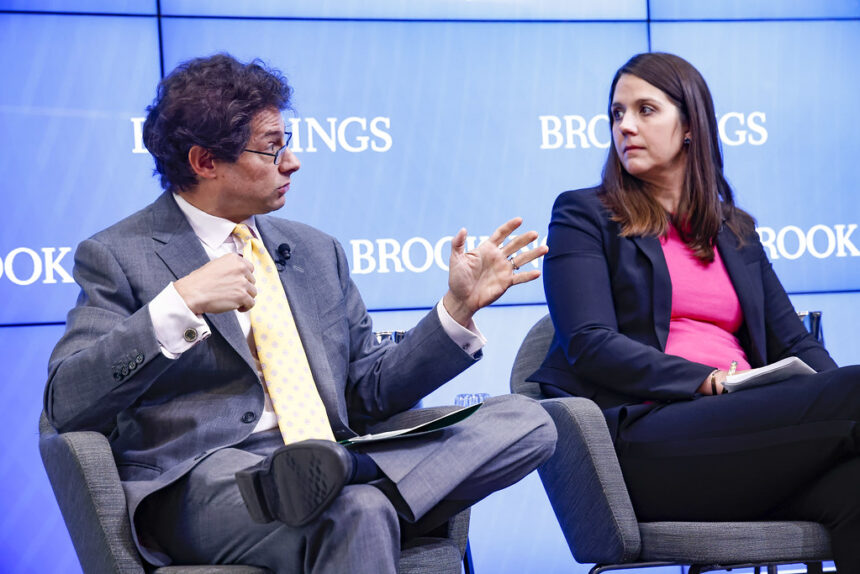Cryptocurrency could be a frontier of competition as tech tensions increase between China and the US.
According to HashKey Group CEO Xiao Feng, the pro-crypto stance of Donald Trump, who has promised clearer regulation and possible industry support, could encourage China to reconsider their approach to digital assets.
In an article for the South China Morning Post Xiao said that US leadership on crypto regulations could influence Beijing to ease its restrictions regarding digital assets. This would help China accept cryptocurrencies.
China’s conservative crypto approach
In addition, the Swift sanctions that the US, Western Allies, and Russia imposed in response to conflict in Ukraine in 2022 also played a part in China’s possible pivot towards crypto.
Beijing may be prompted to investigate more independent blockchain-based payments systems after this move, as it highlights the impact of global financial networks in geopolitical influence.
Xiao said that China, despite its ban on cryptocurrency trading and mining and the strict restrictions it has imposed, could be more open to digital currency if they can achieve financial stability and reduce associated risks.
Stablecoins: a new bridge to cross-border trading
Stablecoins are cryptocurrencies that have been pegged to fiat currency, such as the US dollar. They offer an entry point controlled for countries, like China, who may be considering cross-border transactions.
Xiao said that stablecoins like USDT and USDC are gaining in popularity due to their benefits of low transaction costs, especially for cross-border B2C trading.
In a recent survey conducted in Yiwu (a major Chinese trade hub), merchants in Yiwu reported that international buyers were increasingly interested in stablecoins pegged to the dollar for payment.
Xiao said that stablecoins would be a good starting point for China if the country decides to try out regulated digital assets.
HashKey, which operates out of Hong Kong and is a crypto-friendly region, has taken advantage of this despite Beijing’s hesitation.
HashKey is a leading player in Asia’s digital assets sector thanks to Xiao’s experience in finance, public service and traditional Chinese government.
HashKey, founded in 2018, has grown significantly since its inception. It now employs over 300 staff at its Hong Kong headquarters, plus additional staff in Singapore and Dubai.
Recently, the company secured one of Hong Kong’s most coveted licenses for crypto exchanges. This solidifies its position in the city’s rapidly growing blockchain industry.
China could shift from regulated digital assets to unregulated ones
Xiao suggested that, while China’s central banks and regulators are not showing signs of relaxing their cryptocurrency bans at this time, external factors such as changes in US regulation could speed up Beijing’s adoption timeline. Xiao suggested,
China may change its approach faster to cryptocurrency if the US and other countries, in particular, simplify their crypto regulation.
A shift in this direction could lead to China adopting a stablecoin model that is regulated and focused on mitigating risk while also enabling the country to participate in global digital assets-based trade.
The Chinese government is not swayed by HashKey’s ambitions. It remains staunchly opposed to crypto. They see it as an unstable source.
Hong Kong’s regulatory structure offers a hint at what China-influenced crypto markets could look like. China’s crypto market could undergo a major transformation with the growing popularity of stablecoins in international trade, and possible influence from the US’ pro-crypto policy.
The post Trump’s crypto policy may inspire China to grow digital assets, HashKey CEO suggests could be updated as new information unfolds
This site is for entertainment only. Click here to read more






